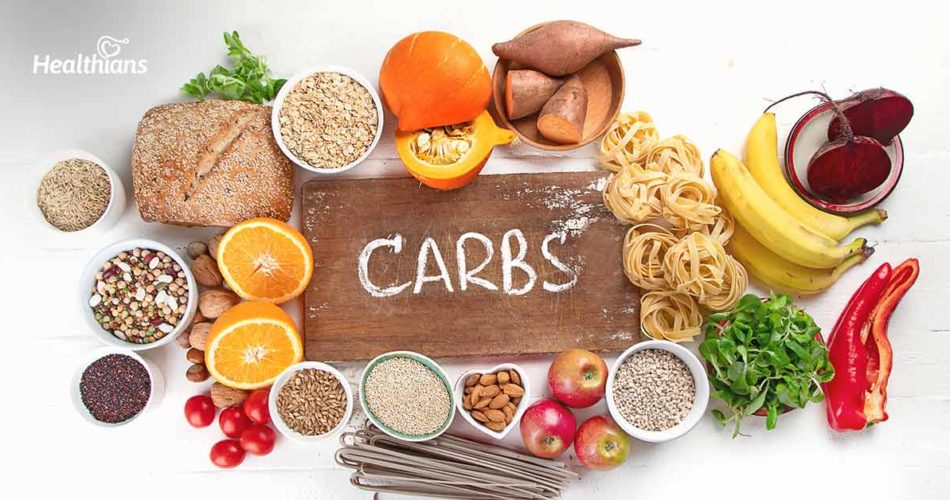Contributed by: Healthians Team
Introduction
Energy is essential for the heart to beat, liver to detoxify, lungs to breath, and brain to regulate chemical messengers.
It helps you efficiently perform your daily activities such as working in the office or going to school or college.
But how do you get this energy? What makes you capable to carry out these activities without hindrance?
Carbohydrates are your answer. They are rich in essential nutrients that are transformed into glucose by insulin – a hormone produced by the pancreas.
What are carbohydrates?
Carbs or carbohydrates are one of the three essential macronutrients (the other two are fat and protein) crucial for your health.
They have a direct impact on your blood sugar levels, and your foods and beverages can provide you with both good and bad carbs.
While good carbs help improve your health and fuel you to stay energetic, bad ones can deteriorate it by increasing the risk of conditions like diabetes.
Therefore, you should know about both good and bad carbohydrates.
In this article, you’ll learn about good carbs, their benefits, and some foods that are rich in them.
You’ll also know what bad carbohydrates are, the health risks associated with them, and the dietary choices that can increase the levels of bad carbs.
What are good carbohydrates?
Good carbs are also known as complex carbs. They contain essential nutrients that your body needs for optimum performance.
They are termed complex carbohydrates because they take time to digest and provide energy.
Because of this, the sugar levels remain under control, and the risk of chronic diabetes decreases significantly.
Having complex carbs in an adequate amount can provide a range of benefits such as:
- Boosting mood
- Preventing weight gain & might aid in weight loss
- Improving cardiovascular health
- Enhancing memory
- Minimising bloating
- Improving sleep
- Aiding digestion
- Enhancing muscle mass
Good carbohydrates are mainly starch and fibre. Some foods rich in them include:
- Whole grains (barley, buckwheat, quinoa & oatmeal)
- Green vegetables (broccoli, carrot, green peas, cabbage, leafy greens & more)
- Fruits (guava, apple, orange, amla & more)
- Beans & pulses
What are bad carbohydrates?
Also termed simple carbs, bad carbohydrates have less or no essential nutrients such as vitamins, minerals, and fibre.
They are termed simple carbohydrates because they digest at a fast pace and increase the risk of a spike in blood glucose levels.
Since these carbs do not provide an adequate amount of vital nutrients, you can feel hungry and tired after a few moments of having them.
Bad carbohydrates can increase the risk of the following health conditions:
- Unintentional weight gain
- Type 2 diabetes
- Compromised cardiovascular health
- Increased cholesterol levels
Simple carbs are mainly sugar, and you should avoid them for maintaining your health. Here are a few foods that are high in them:
- Fruit products (juice, yoghurt & jam with added sugar)
- Grains or grain products (white rice, refined flour, white bread, breakfast cereal, couscous pasta & baked goods)
- Nuts & seeds coated with sugar
- Snacks (potato chips & french fries)
- Beverages (soft drinks & soda)
Final thoughts
Carbs are the body’s fuel. They are necessary for keeping you active and maintaining your overall well-being.
Additionally, you also learnt about the foods that can provide an adequate amount of complex carbohydrates, and the foods you should avoid to reduce the levels of simple carbohydrates.
Moreover, you should also frequently opt for health screening. It provides you with vital insights into your health, allowing you to take necessary measures to improve it.




